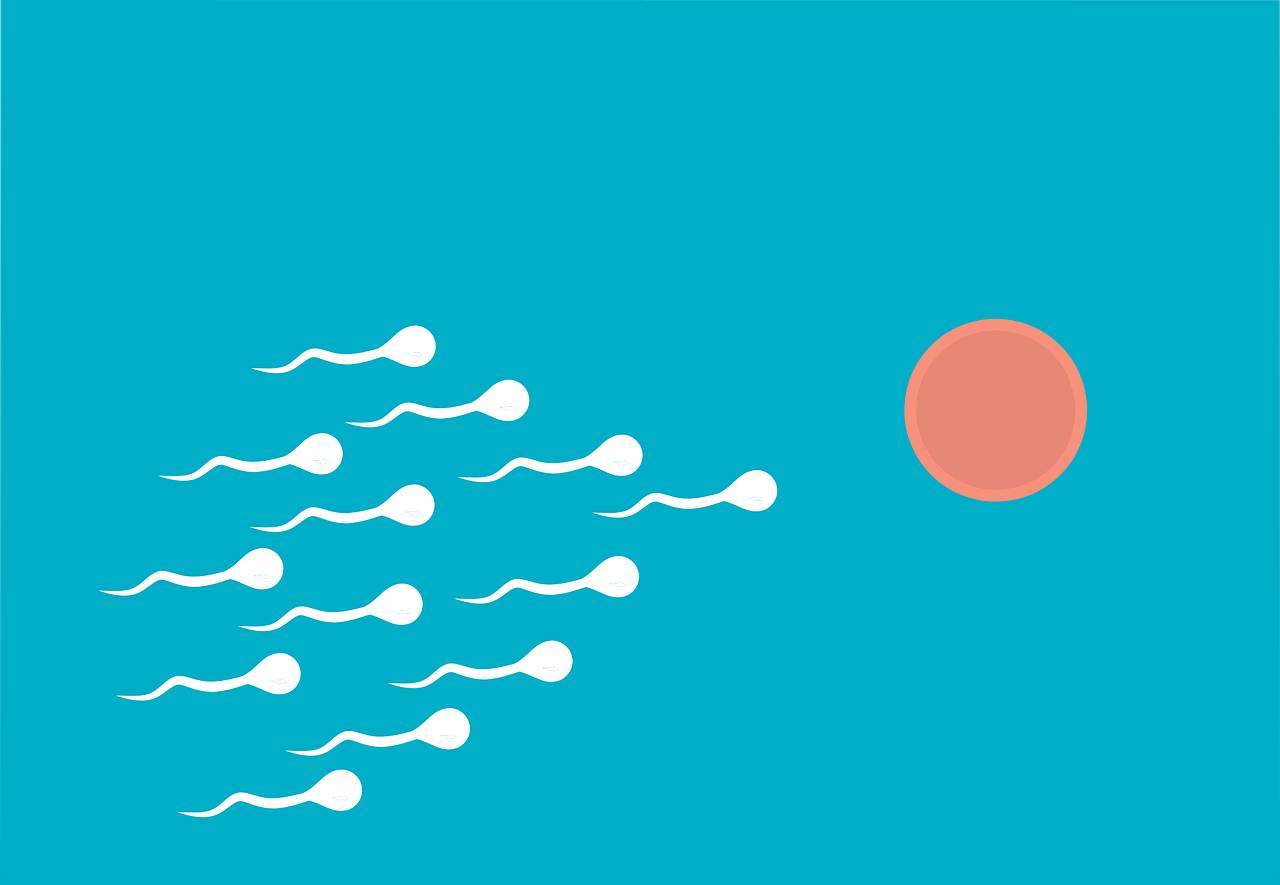
THE RELIGION GUY’S ANSWER:
They say Pope Francis is Catholicism’s most liberal leader in modern times. So there was some surprise January 8 when he declared that nations should outlaw the morally “deplorable” practice of surrogate motherhood to produce human children.
He said surrogacy “represents a grave violation of the dignity of the woman and the child” and “a child is always a gift and never the basis of a commercial contract,” asserting the fundamental belief that human life must be defended even from the “very moment of its existence.”
It’s not known why Francis raised this issue now, and did so at a high-profile occasion, the annual “state of the world” papal address to ambassadors to the Holy See. Whatever the surprised reactions, on the substance he simply reaffirmed standard and longstanding moral thinking, as we’ll see in this explainer about a procedure that hits the news when it is adopted by celebrity entertainers or provokes legal entanglements.
The varieties
There are several forms of surrogacy. With “artificial insemination” by the husband (AIH), a father’s sperm is inserted into a paid or volunteer female surrogate who bears a child on a couple’s behalf. Artificial insemination of a donor’s sperm (AID) also occurs. A second category of“gestational” surrogacy (nicknamed the “test-tube baby” technique) implants in the surrogate mother a zygote (fertilized egg) already created outside the body through “in vitro fertilization” (IVF), using a wife’s and husband’s gametes (eggs and sperm). Another variant is IVF with gametes from one or two donors.
As early as 1897, a farsighted Vatican decree decried the idea of applying artificial insemination to create human beings, which is the fundamental aspect of surrogacy. At the time, animal husbandry, particularly in Russia, was perfecting the technique with farm animals.
In the wake of Nazi experiments and pioneering experiments on the human species, Pope Pius XII in 1949 condemned insemination even when it uses married couples’ gametes. His 1956 address to fertility researchers reaffirmed that “any and all types of artificial procreation (artificial insemination, in vitro fertilization, etc.) are intrinsically evil and always gravely immoral.” Pius added that “the good end” of “having a large family does not justify the use of an “evil means” and noted church opposition to masturbation, which is used to obtain the male sperm.
Vatican Two on “moment of conception”
The underlying principle here was proclaimed in 1965 by the world’s bishops at the Second Vatican Council: “From the moment of its conception, life must be guarded with the greatest care” (Gaudium et Spes #51). As a consequence, the Council denounced abortion and infanticide as “unspeakable crimes.”
Francis embraces the church’s current teaching as elaborated in Donum Vitae (“The Gift of Life”), the Vatican’s 1987 “instruction” on “the dignity of procreation.” The decree was prepared by the Congregation for the Doctrine of the Faith led by Cardinal Joseph Ratzinger (later Pope Benedict XVI), and approved by Pope John Paul II. See the full text at www.vatican.va/roman_curia/congregations/cfaith/documents/rc_con_cfaith_doc_19870222_respect-for-human-life_en.html/ This material is cited at length in the Catechism of the Catholic Church, issued under John Paul in 1992.
Donum encourages scientific research but says it must serve the rights and duties of “natural moral law” regarding “the bodily and spiritual nature of the human person.” It cites a distinction in the 1961 encyclical letter Mater et Magistra by Pope John XXIII, that with the human species God’s “immutable and inviolable laws” forbid “methods which could be licit in the transmission of the life of plants and animals.”
Donum teaches that each “human being” is “respected and treated as a person from the moment of conception” because “from fertilization the biological identity of a new human individual is already constituted.” That rules out both commerce and experimentation that “is not directly therapeutic” for an embryo or fetus, and abhors their deaths that result from research or applications of artificial reproduction.
Vs. the “right of the child”
And then when the gametes of a donor rather than a married couple are used, Donum states, this violates “the unity of marriage,” the “dignity of the spouses,” and the “right of the child” to be conceived and raised within a marriage. Such procedures are seen as the equivalent of adultery.
The different situation of IVF that applies sperm and eggs from a married couple brings up Pope Paul VI’s 1968 encyclical Humanae Vitae against artificial contraception, which declared that “procreation of a person must be the fruit and the result of married love.” Paul taught the “inseparable connection” of the two meanings of sex, the “unitive” or physical love aspect and the “procreative,” in which each act should be open in principle to the creation of a new life.
On the specific question of surrogate motherhood, Donum states that it violates “the obligations of maternal love, of conjugal fidelity and of responsible motherhood. It offends the dignity and the right of the child to be conceived, carried in the womb, brought into the world and brought up by his own parents.” It is also seen as detrimental because it breaks apart “the physical, psychological and moral elements that constitute the family.”
The Catholic Church is not alone in such concerns. One eminent Protestant who shared some of the popes’ moral thinking was lay Methodist Paul Ramsey (1913-1988), a professor of religion at Princeton University who specialized in medical ethics. In his classic “Fabricated Man” (1970), Ramsey disputed the Catholic prohibitions on contraception and voluntary sterilization for good cause. But he objected to experiments in which the subject is a nascent embryo or fetus, obviously unable to give the morally required consent to participation in experiments.
The “suicide of the species”
Ramsey criticized especially AID (donor insemination) and IVF (test-tube conception) for separating the “act of love” from procreation, which “puts completely asunder what God joined together.” He saw these procedures as the first steps toward planned genetic “manufacture” or cloning of humans, which he considered “the suicide of the species” as created by God, expressing “despair over man as he is.”
For Ramsey, “human parenthood as a created covenant of life is placed under massive assault” by these modern developments. His maxim, in the non-inclusive terminology of the day: “Men ought not play God before they learn to be men, and after they have learned to be men they will not play God.”
Among authors newly and notably advocating the opposite religious viewpoint is Grace Kao, who in “My Body, Their Baby” explores her thoughts after volunteering as a surrogate herself out of charity toward friends struggling with infertility. Significantly, Kao is the professor of ethics and co-founder of the “sexuality, gender and religion” program at the Claremont School of Theology, which is Methodist-related but “interreligious in spirit” and devoted to training “agents of transformation.”













